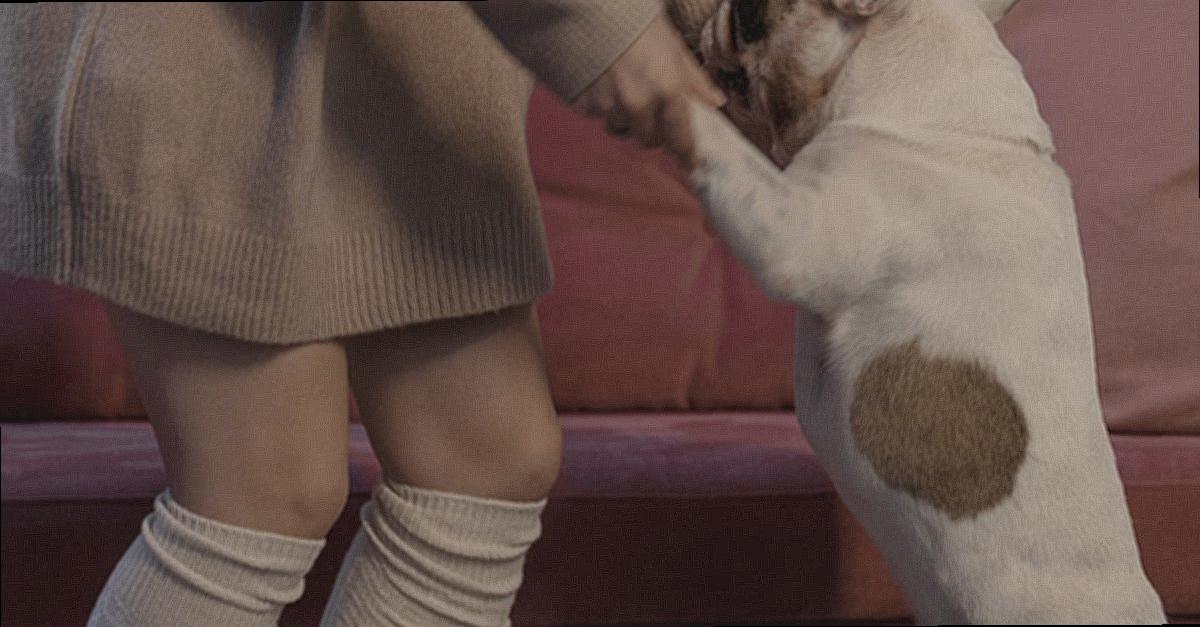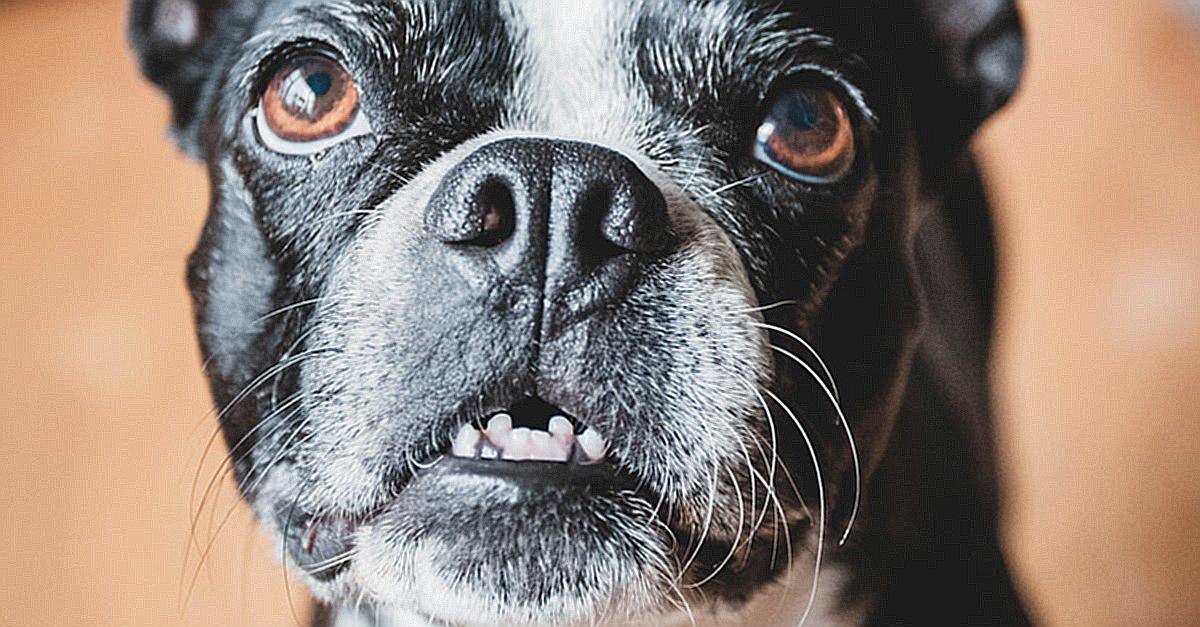Do all English Bulldogs Have Underbites?
Do all English Bulldogs have underbites? It’s a question many potential owners of this breed ask. The answer may surprise you! We’ll explore the anatomy of an English Bulldog’s jaw, including why some have an underbite and others don’t, and what it does for their health and wellbeing.
This article will provide you with all the details you need to know about English Bulldogs and their underbites, plus some interesting facts about the breed’s unique physical characteristics. So if you’re curious about this fascinating subject, read on!
What Are the Health Problems Associated with Underbites?
Contents
- 1 What Are the Health Problems Associated with Underbites?
- 2 How Can You Tell if Your English Bulldog Has an Underbite?
- 3 What Can You Do If Your English Bulldog Has an Underbite?
- 4 Can a Puppy Grow Out of an Underbite?
- 5 Is There Anything Else I Should Know About My English Bulldog’s Underbite?
- 6 Do All Breeds of Bulldogs Have Underbites or Overbites?
- 7 Conclusion
Underbites are a common problem among English Bulldogs that can cause serious health issues if left untreated. It’s important to identify and address any underbite problems as soon as possible.
Due to the misalignment of the teeth and jaw, English Bulldogs with underbites may experience difficulty chewing and eating, which can lead to dental disease, tooth decay, and an increased risk of choking when trying to swallow food.
In addition, there is increased pressure on the joints in the head and neck that can result in arthritis. The misaligned teeth may also cause irritation of the skin around the mouth.
English Bulldog owners should be aware of these potential health problems associated with underbites so they can take steps to prevent them from occurring or worsening.
Regular checkups with your veterinarian are recommended in order to spot any potential problems early on and ensure your dog’s wellbeing is in good shape.
How Can You Tell if Your English Bulldog Has an Underbite?
Are you the proud owner of an English Bulldog? If so, you may be wondering if your pup has an underbite. This is a common problem among English Bulldogs and can be easily identified with a few simple steps.
First, take a look at your pup’s jawline. The lower jaw should protrude further than the upper jaw, and the teeth should not line up correctly, with the lower teeth sticking out more than the upper teeth.
An English Bulldog with an underbite will typically have a more pronounced muzzle and a shorter face than those without an underbite.
It’s important to note that some English Bulldogs may have a mild underbite that is not immediately obvious.
If you’re unsure whether or not your dog has an underbite, it’s best to consult your veterinarian for more information on how to detect and treat this issue.
What Can You Do If Your English Bulldog Has an Underbite?
If your English Bulldog has an underbite, it’s essential to seek advice from a veterinarian.
They will provide you with information about the health risks associated with underbites and how to treat them.

Depending on the severity of the issue, corrective surgery may be recommended.
It’s important to keep in mind that this can be expensive and may not be covered by insurance. If surgery isn’t possible, a dental device may be suggested instead.
This device should be worn for several hours each day and should only be used in consultation with your vet.

Regular dental check-ups are also important for any pet, especially those with an underbite, as they can help prevent further health problems from occurring.
Taking care of your English Bulldog is key to keeping them happy and healthy, so make sure you take all necessary steps to ensure their well-being.
Can a Puppy Grow Out of an Underbite?
The good news is that, with the right care and attention, many puppies will develop their underbite over time.
It’s important to provide your puppy with proper nutrition and regular dental check-ups to help improve their underbite. Your veterinarian can also monitor your puppy’s progress to ensure the underbite doesn’t worsen.
If the underbite persists, they may recommend corrective jaw surgery or braces as treatment options.
Every puppy is unique and may need different treatment plans for their underbite.
However, with the right care, some puppies may grow out of it over time. It’s important to discuss all available treatment options with your veterinarian if you’re concerned about your puppy’s underbite.
Is There Anything Else I Should Know About My English Bulldog’s Underbite?
If you have an English Bulldog with an underbite, there are a few important things to keep in mind.
Remember that all English Bulldogs are unique, and the severity of the underbite will vary from dog to dog.
To ensure your pup’s health is not affected, it is essential to take them for regular check-ups with a veterinarian.
Your vet can also provide advice on how to prevent and manage any potential health problems associated with an underbite.
It is important to remember that an underbite does not necessarily indicate poor health or breeding.
In fact, it may be purely cosmetic and can lead to various health issues if not properly managed.
Therefore, it is critical to keep up with your English Bulldog’s medical visits and care in order to ensure they remain healthy and happy.
Do All Breeds of Bulldogs Have Underbites or Overbites?
Bulldogs are known for their unique features, such as their short muzzles and wide jaws.
This jaw shape can determine whether they have an underbite or overbite. Different bulldog breeds may have different bite patterns, so it’s important to research the breed you’re considering.
For example, English Bulldogs and French Bulldogs are more likely to have an underbite than other breeds. On the other hand, American Bulldogs tend to have a more even bite with no underbite or overbite.
Additionally, bulldogs with shorter muzzles and wider jaws are more likely to get an underbite.
Genetics can also play a role in whether a bulldog has an underbite or overbite.
If both parents of a bulldog have an underbite, their offspring is more likely to inherit the trait too.
So if you’re thinking of getting a bulldog as a pet, it’s important to know what kind of bite they have before making your decision.
Also Read: Do English Bulldogs Lock Their Jaws?
Conclusion
To sum up, English Bulldogs are a unique breed with many distinct physical features, including an underbite.
This can be a serious issue if left untreated and can lead to health problems. Early intervention is key for the prevention and treatment of any underbite-related issues.
In some cases, the underbite may even improve naturally with proper care and attention.
If you need help understanding your pup’s needs, there are plenty of resources available online and in-person to consult. With the right care and love, your Bulldog can live a long, happy life.




